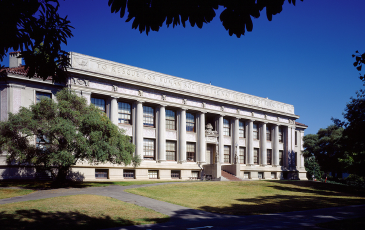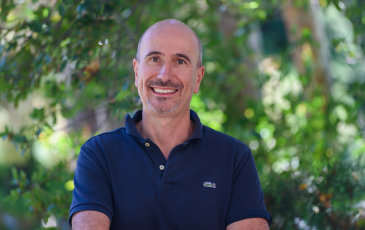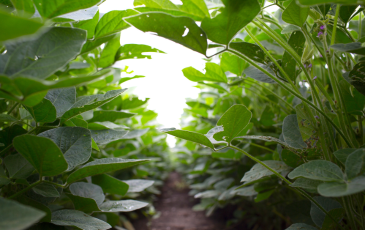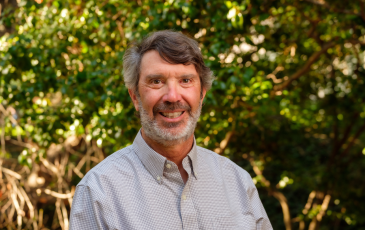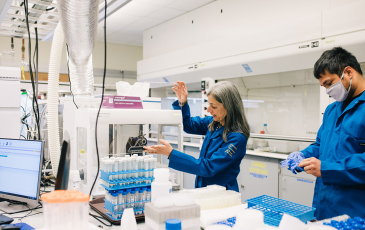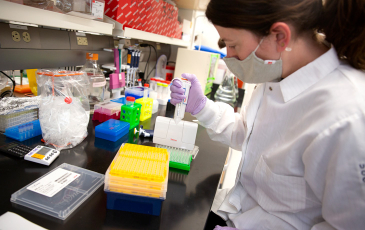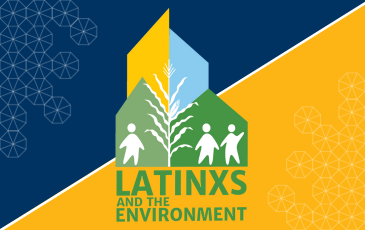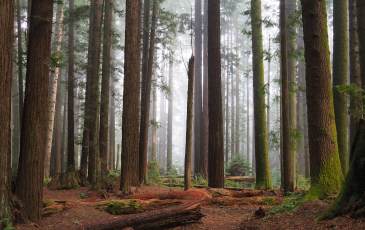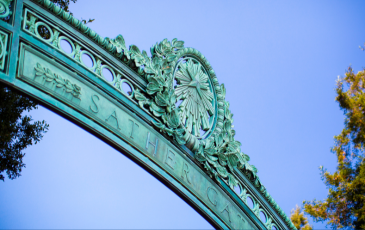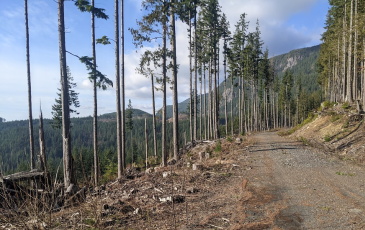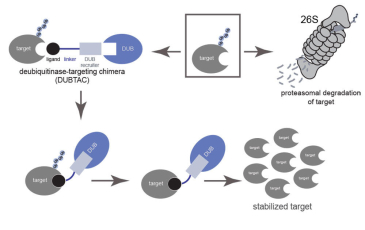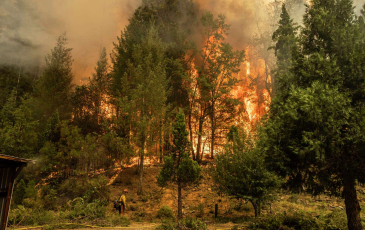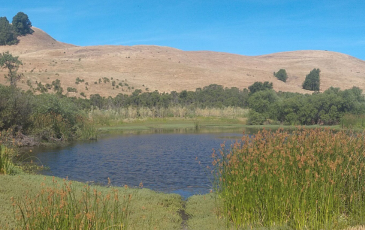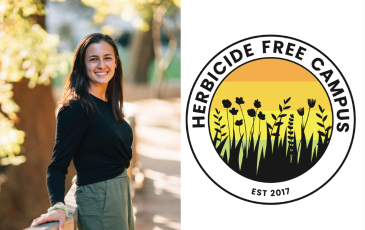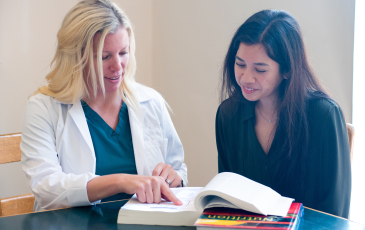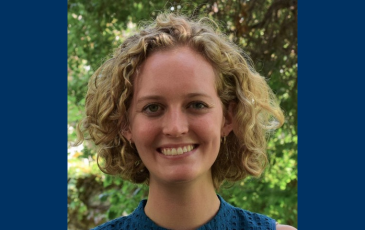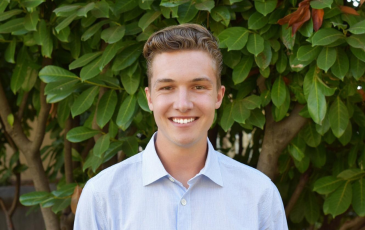The annual award supports advanced academic research related to natural and environmental resources.
Paolo D’Odorico to be honored by American Meteorological Society
The ESPM professor will be awarded the Society’s highest honor and named a fellow.
Bioengineering better photosynthesis
Krishna Niyogi and Nina Maryn are collaborators on first-of-its-kind research that used improved photosynthesis to increase yields in food crops for the first time ever.
Sniffing the delta for greenhouse gases
San Francisco Estuary's summer magazine highlights Professor Dennis Baldocchi's research and the role it plays in the restoration of Dutch Slough in Oakley.
The small alga with a big impact
PMB Professor Sabeeha Merchant breaks down the impact of sequencing the Chlamydomonas reinhardtii genome.
New inhaled COVID-19 therapeutic blocks viral replication in the lungs
New research out of the lab of Metabolic Biology Professor Anders Näär could one day make treating SARS-CoV-2 infections as easy as using a nasal spray for allergies.
Changing conservation narratives with Jimena Díaz Leiva
Díaz Leiva, PhD '21, spoke to Eos magazine about advancing environmental and social justice projects in California and Peru.
Latinxs and the Environment Initiative expands to UC Riverside
Co-founded in 2018 by ESPM lecturer Federico Castillo, the expanded program will offer Latinx students a UC-wide community of support.
Why forest managers need to team up with Indigenous fire practitioners
In a recent LA Times op-ed, ESPM Professor Scott Stephens calls on forest managers to commit to active stewardship informed by Indigenous knowledge and cultural fire practitioners.
Three in Rausser College named UC President’s Postdoctoral Fellows
David J.X. González, Alexander Huezo, and Jesús Martínez-Gómez are among the 2022-23 cohort of fellows.
New research identifies patterns of carbon accumulation in planted forests
Research by former ESPM PhD student Jacob Bukoski and Professor Matthew D. Potts might serve as the building blocks for carbon sequestration studies.
UC Berkeley and Novartis extend Alliance to tackle “undruggable” disease targets
The research collaboration aims to unlock intractable drug targets, discover new therapeutic modalities, and accelerate discovery of novel medicines.
Why the largest fires aren't always the most devastating
Professor Scott Stephens explains how high-severity fires have drastically changed their environment.
A visit to the lab with PhD candidate Luis Valentin-Alvarado
Valentin-Alvarado breaks down his research for the Spanish-speaking community in this new video produced by Science at Cal
Rausser College recognizes two retiring faculty members
We thank Professors Catherine Koshland and Joseph Napoli for their service to the University.
Understanding the function of plant diversity in wetland ecosystems
A first-of-its-kind analysis by ESPM Professor Iryna Dronova found that plant diversity plays a key role in improving seasonal biomass stability.
Advocating for a toxin-free world
The Berkeley Food Institute speaks to ESPM alum Mackenzie Feldman about her work on pesticide reform and interest in food systems.
Rausser College launches Master of Nutritional Sciences and Dietetics program
The new graduate program will prepare students for careers as dietitians.
Understanding Plant Immune Systems Informs the Past and the Future
In a recent Wonderfest event, grad student Chandler Sutherland discusses plant and human immune systems, and how we can defend agricultural crops against disease.
CRISPR Crops: Food, Farms, and the Shape of Plants to Come
In a recent Wonderfest event grad student Evan Groover discussed how gene editing technology can meet the needs of a growing human population and a warming world.


